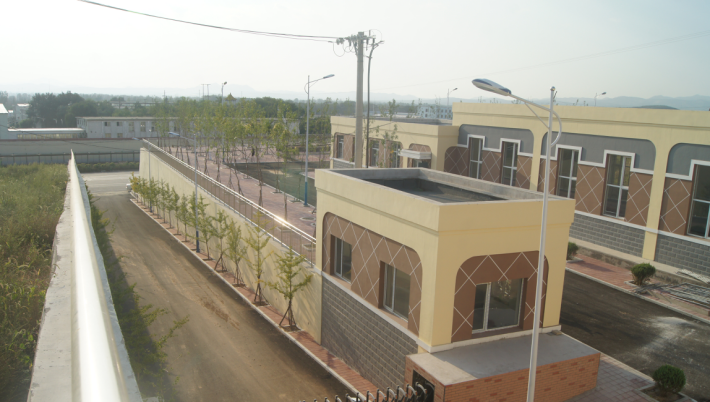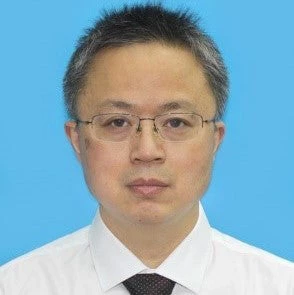Lingyuan Municipality in Liaoning Province, China, a city with a population of around 650,000 people, faces acute water scarcity, and its current and only available groundwater supply is over exploited. According to the meteorological and hydrological survey data on local water availability in the last 3 decades, climate change could be a cause for even more severe water scarcity at coming years. The scarcity of water in Lingyuan has negative effects on the municipality’s development initiatives and economy. Groundwater supply services are extended to Lingyuan’s residents, government institutions, commercial entities and more than 100 industries including several large industrial water users whose water consumption ranges from 100,000m3 to 13 million cubic meters per year. This has led to the depletion of local aquifer and government issued regulation to ban any unlicensed exploitation of ground water.
In 2013, Lingyuan Municipality, with support of Liaoning Provincial Government, asked the World Bank to help to resolve its water scarcity problem. The World Bank has helped the city to build resilience into its urban water system by investing in its water recycling infrastructure. Now, after completion of all such facilities, about 60 percent of treated municipal wastewater is recycled, and 57 percent of recycled water is sold to industries at a competitive price. This enables full recovery of operating costs.

Two critical factors for this successful story include building comprehensive water infrastructure and proactive marketing supported by the local government.
The Bank financed the Liaoning Coastal Zone Development Urban Infrastructure and Environmental Management Project to upgrade wastewater treatment plant processes, improve sewers to double wastewater collection capacity, and build recycled water supply facilities.
Government leadership played an important role in market promotion by assuring water quality is in compliance with standards, enforcing the regulatory limits on groundwater extraction, identifying users recycled-water, and setting a value-based water tariff.

By the time the project was completed in 2019, six major industrial users had signed up long-term agreements to buy recycled water with total amount of around 20,000 m3/day at full-cost recovery at the competitive market price of US$0.36/m3 or 60 percent of the municipal tap water tariff for industrial users.
Now that the recycled water has become an alternative water resource of the city, the environmental benefits are also notable: Access to municipal wastewater collection has almost doubled since the project’s start date: from 50 percent of coverage to 90 percent of the urban population. Consequently, water pollution is greatly reduced. Industrial water users are supplied with recycled water for their operations, which significantly reduces the depletion of the groundwater and secures the urban water resilience in this seriously water scarce region.

Recycled water is also used to help regenerate the urban landscape. About 10,000m3/day of recycled water is used to replenish an urban lake and the Daling River, which used to be polluted by untreated wastewater flowing downstream to cities. The recycled water is helping to restore the urban water ecosystem, establish riparian habitats, and ultimately increase urban biodiversity, while also reducing extraction and pollution of groundwater.
To date, over 12 million m3 of recycled water have been sold, earning US$4.3 million in revenue and saving around US$3.6 million in operating costs for industries, and resulting in more significant economic value for the local development. As the municipal government has witnessed the benefits from the water recycling project, the decision to build the second wastewater treatment plant has already been made.
Recycled municipal wastewater may act as a useful alternative to the conventional types of water resources and may help mitigate urban water scarcity pressure , improve the efficiency of water use, reduce water pollution, minimize groundwater extraction, and improve water ecosystems. Such practice can be duplicated for building urban water resilience and establishing a circular economy. Lingyuan’s success in recycling municipal wastewater could not be materialized without strong support from local government in setting right policies and enforcing regulations. Meanwhile, it required stimulation of demand for recycled water, to ensure financial viability of investments. It may also act as an example for many other cities looking for green and sustainable solutions to water scarcity.


Join the Conversation